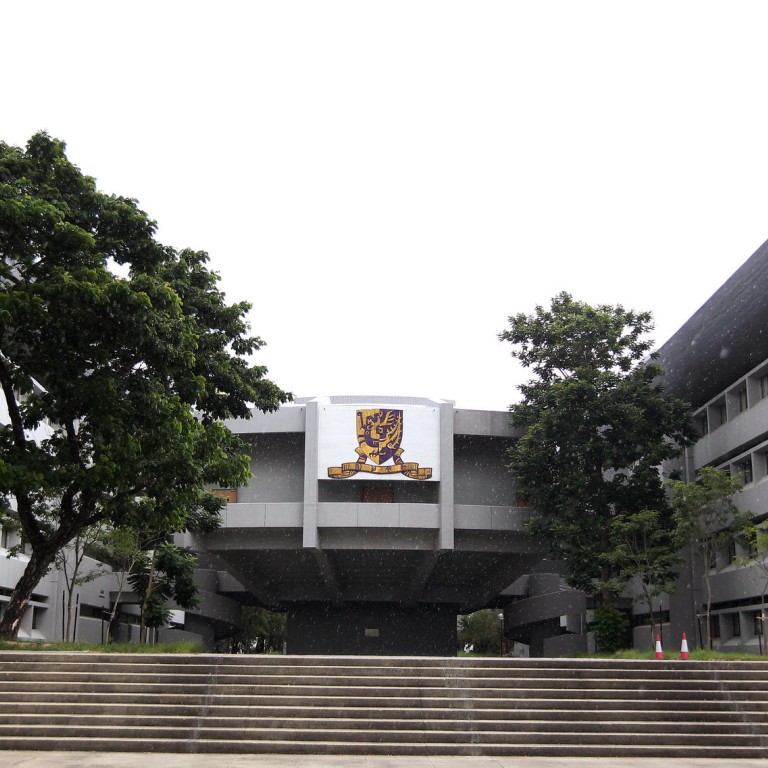
University Grants Committee rankings not meant to establish a pecking order
Rankings of tertiary institutions often grab attention. So it's no surprise that a recent exercise undertaken by the University Grants Committee (UGC) to gauge the research performance of our eight publicly funded institutions made headlines.
Debate focused on the way that a smaller percentage of submissions from University of Hong Kong's law faculty achieved the four-star "world-leading level" standing, or the three-star "internationally excellent" level, compared to its counterpart at Chinese University.
But the comparison of percentages failed to take into account the actual number of submissions. Forty-six per cent of University of Hong Kong's submissions made it to three or four stars, compared to Chinese University's 64 per cent. But 56 members of the University of Hong Kong staff produced research, compared to Chinese University's 26.
Moreover, the University Grants Committee exercise serves a higher purpose than ranking institutions.
The committee's chairman, Edward Cheng Wai-sun, says he hopes that the government and various other sectors, in the course of policymaking and promoting development, will consider the results of the Research Assessment Exercise 2014 and note Hong Kong's competitive advantages in research.
This will "identify areas with development potential in the short, medium and long run."
Between October 2007 and September 2013, about 16,500 research outputs submitted by 4,400 academic staff, 220 grant submissions, and 230 esteem submissions were assessed by 13 panels comprising 307 scholars from around the world.
According to the committee, 12 per cent of the total submissions were judged to be of "world-leading" standard, while 34 per cent were of "international excellence".
Local institutions performed well in clinical medicine compared to their international counterparts. About half of the research output by both Chinese University and University of Hong Kong in that area attained three- or four-star ratings.
Polytechnic University has carved a niche for itself in textile technology. It was the only institution with submissions in that area, and 42 per cent of them achieved top ratings.
The popular discipline of business - which is offered by all except the Hong Kong Institute of Education - also fared well, with University of Science and Technology achieving top ratings in 78 per cent of its output in that field.
Specialising in applied disciplines, Polytechnic University won outstanding recognition for niche areas such as optometry, design and hotel management.
Besides helping determine how much each institution will receive from the University Grants Committee's annual research grant of HK$2.9 billion, the latest exercise sheds light on how to further drive the development of higher education in Hong Kong.
As a small city, it cannot afford to develop too many disciplines. It needs to focus on its strengths while still ensuring a broad education at the undergraduate level. There is probably room for support for areas with limited research activities, such as music.
A careful balance should also be struck between achieving a wide mix of disciplines and learning options that are important locally, even if they seem to be less competitive on the research front.
Examples are translation and social work. Much of the output by the five institutions with submissions in these two areas attained only two stars, of international standing, or were judged only to be of regional standing. It's anybody's guess how relevant their research has been internationally.
Institutions must weigh their options and strike the right balance between the types and amount of research its staff will immerse themselves in.
It's also important to find out about students' needs. Back to the subject of law, one University of Hong Kong law graduate said he appreciated the ample talks and sharing sessions by distinguished alumni and guest lecturers that were arranged by his faculty.
A university education should encompass a variety of experiences, after all.
